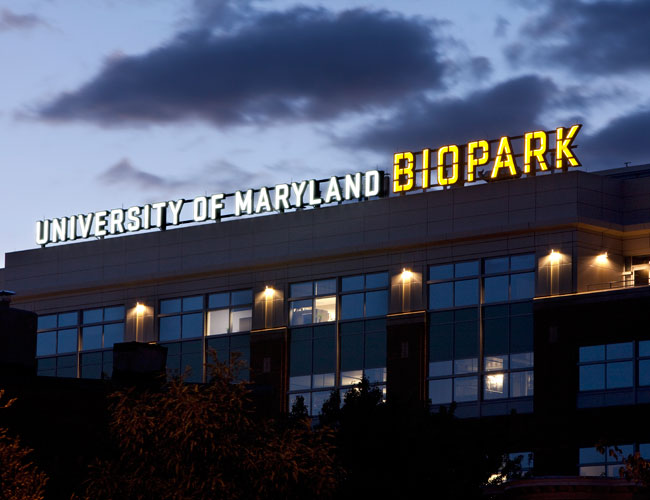Less than a year after relocating its headquarters to Baltimore, biotech company KaloCyte has raised new funding from Maryland-based investors and expanded its local team.
On Monday, the company announced that it raised $300,000 from the Maryland Momentum Fund, which is a venture fund created by the University System of Maryland that invests in affiliated companies. It is part of a larger funding round for the preclinical-stage company, which is developing an artificial red blood cell substitute. Called ErythroMer, it can be used in situations where stored red blood cells are not available, such as treating trauma when patients have a need for blood.
“Blood cell substitutes have been desired for decades, given that fresh blood lasts only a few hours unrefrigerated. KaloCyte’s unique approach to engineering a blood substitute, and the team itself, is world-class. The USM is lucky to have recruited such innovative and entrepreneurial faculty as well as their startup,” said Claire Broido Johnson, managing director of the Maryland Momentum Fund, in a statement. “If KaloCyte is a win, it will be a huge win.”
The St. Louis-founded company’s move last fall brought a team to the University of Maryland School of Medicine campus in downtown Baltimore. It also added academic leadership, as cofounder and Chief Scientific Officer Dr. Allan Doctor is directing the recently formed Center for Blood Oxygen Transport & Hemostasis, while cofounder Dr. Dipanjan Pan is leading nanobiofabrication at the center and became a professor at UMSOM and University of Maryland, Baltimore County.
The funding will support resources needed for the technical development of the product, and will serve as a bridge to a Series A round being planned for later this year, said President and CEO Elaine Haynes. Since moving to Baltimore last fall, the team has grown from two employees to five full-time employees, including product development scientist Dr. Nivesh Mittal. The company also plans to post a role for a synthetic chemist soon.
“Our unique location near our founders now at the University of Maryland, Baltimore has allowed the team to achieve substantial progress on the ErythroMer formulation and we’ve expanded the team tapping into the rich talent pool that the area offers,” Haynes said.
In May, the company also received a $373,000 Small Business Innovation Research Phase I grant from the National Institutes of Health. Last week, Haynes was named to the 2020 cohort of Springboard Enterprises’ Health Innovation Hub. She joins a network of 800 life sciences entrepreneurs.







